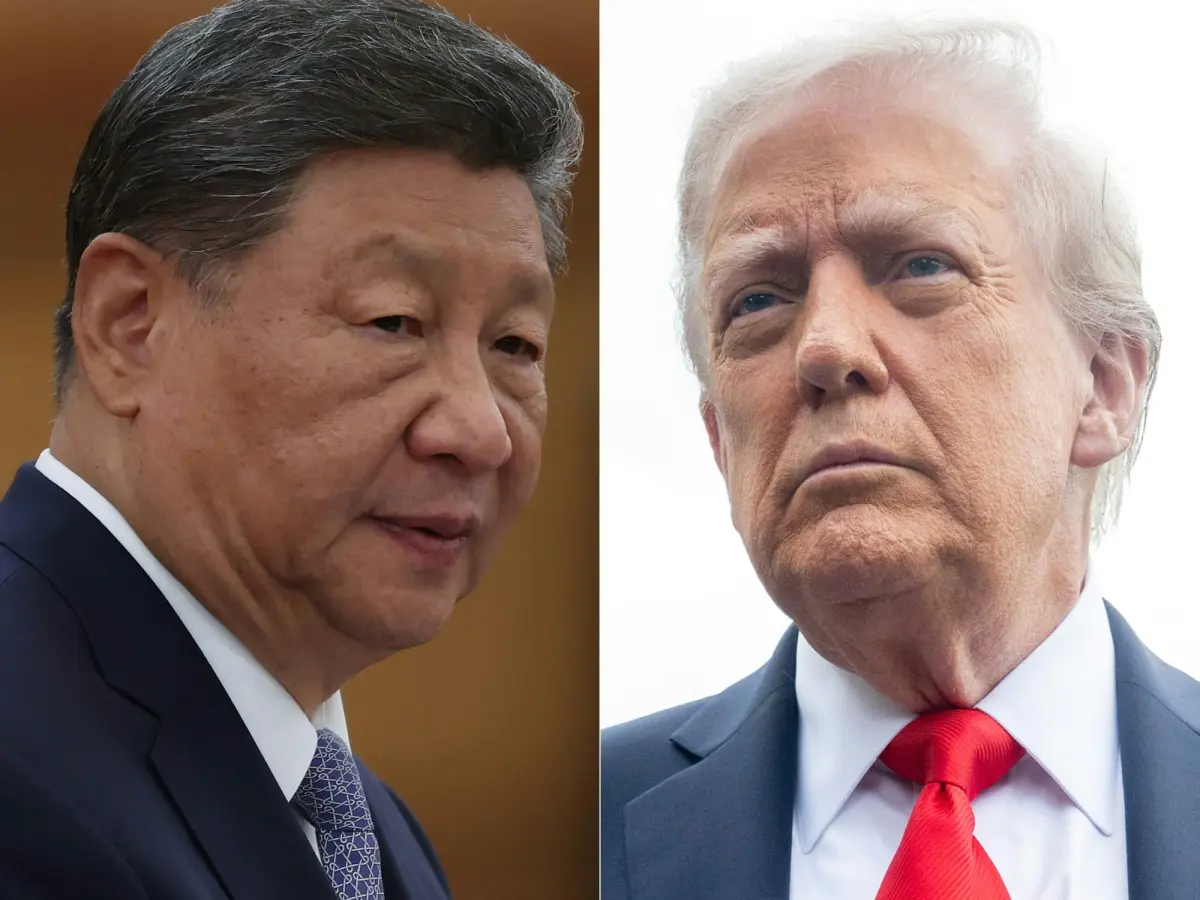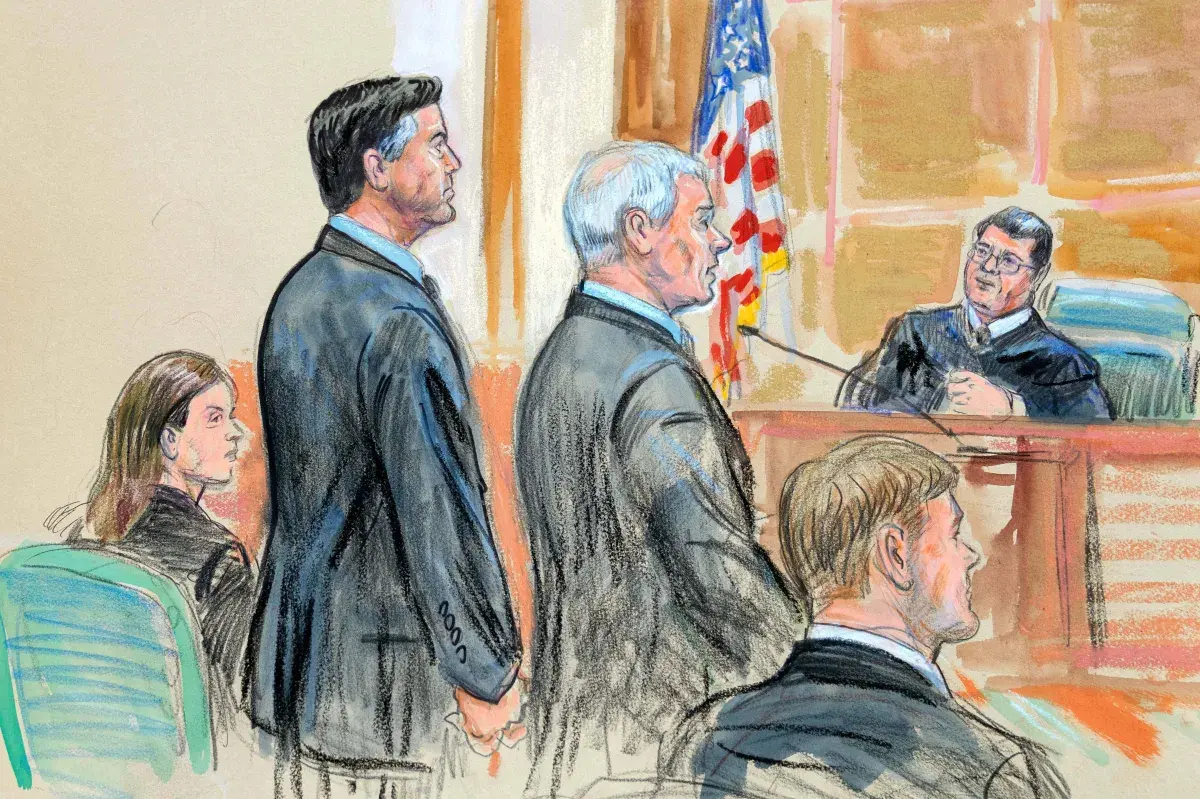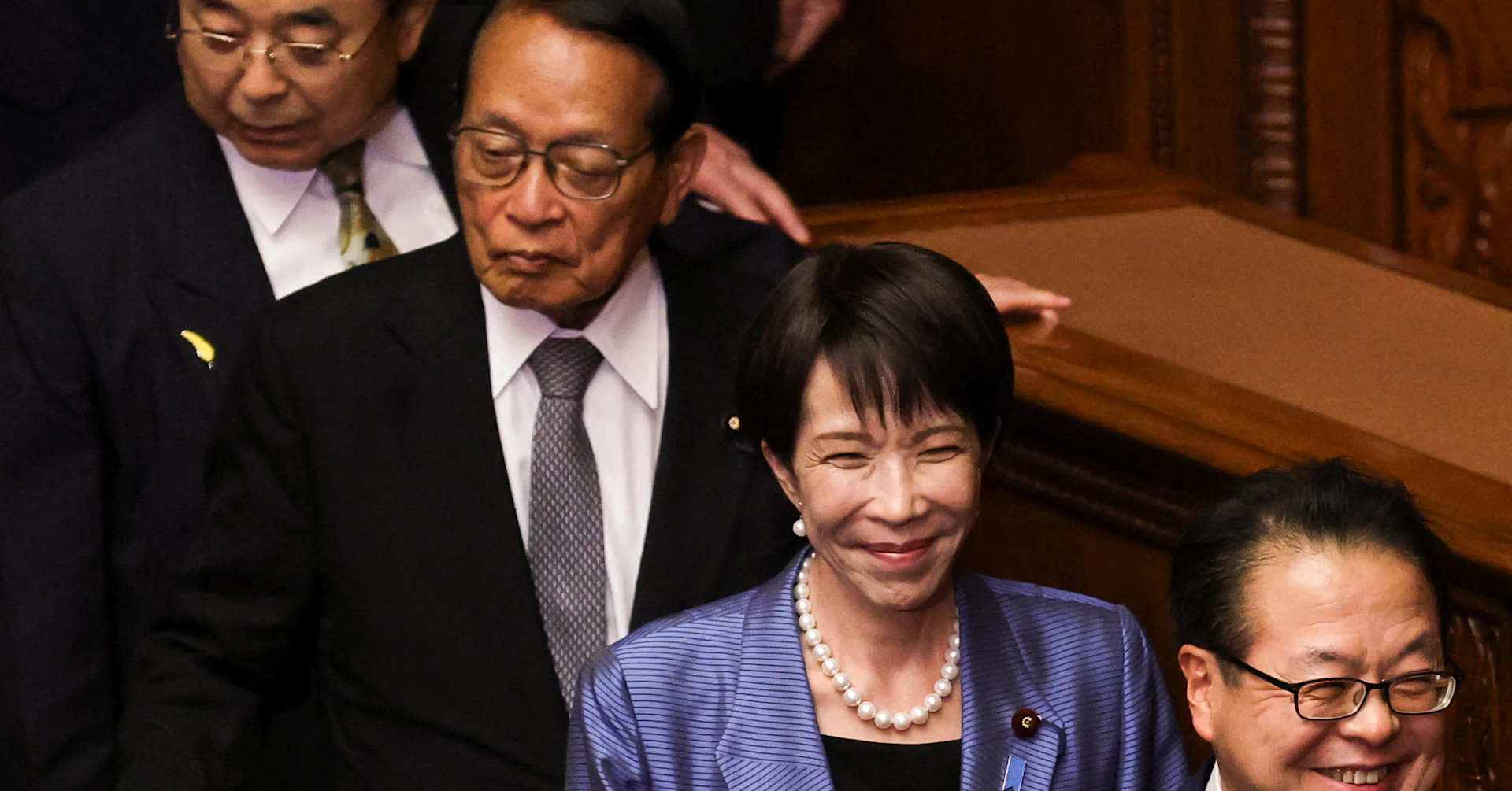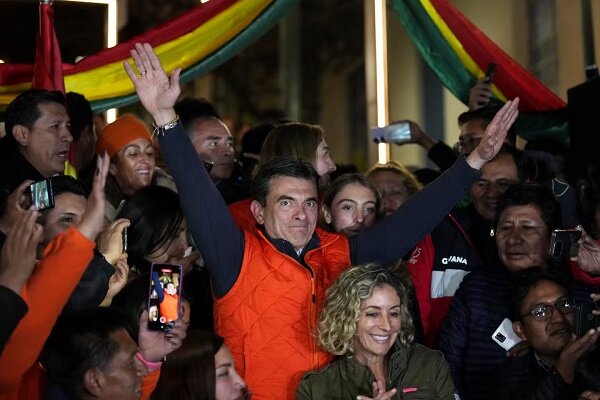Copyright news
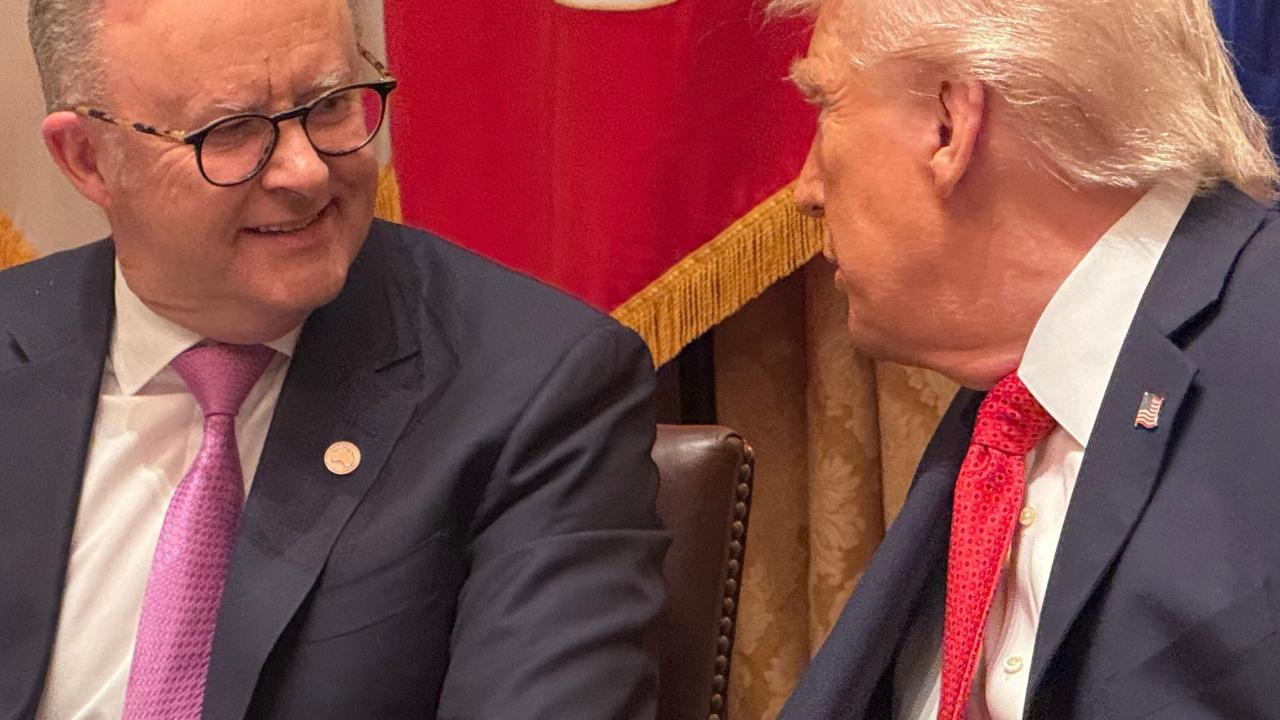
The Prime Minister “can’t get a phone call with the President” let alone an in-person meeting, the opposition and commentators declared time and time again, as they accused him of treating Australia’s “most important ally” carelessly. Unearthed comments about Mr Trump made by Mr Albanese and senior figures in his government were supposed to derail the relationship completely. So were recognising Palestinian statehood and pursuing green energy, while pushing back on War Secretary Pete Hegseth’s call to hike defence spending was supposed to sink AUKUS. The Coalition charged that tariffs were proof relations were in tatters. But all of these dire warnings were wrong – when Mr Trump welcomed Mr Albanese to the White House on Monday (Tuesday AEDT), he had just one message for Australians: “We love you.” Inside, sat alongside Mr Albanese in the Cabinet Room, Mr Trump was given numerous opportunities to take a swipe at his Australian guest as he effortlessly took almost 30 minutes of questions from the travelling press pack. He refused to “compare” prime ministers, but said Mr Albanese “has a big advantage”. “I think he’s doing a really good job,” Mr Trump said. “We’ve had a very good relationship. “I don’t want to compare one with the other, but I’ll tell you … they’ve got a great, they really have a great prime minister.” He also praised AUKUS, defence more broadly, trade and Australia’s golf courses. As a result, Sussan Ley was left scrambling for fodder when she fronted media on Tuesday, with the only ammunition she could muster being ambassador Kevin Rudd’s lashing after he admitted to saying “bad things” about Mr Trump. “I just invite everyone to observe the sharp exchange that took place and make their own conclusions, as I think many of us have, which is that the President didn’t appear to know the ambassador and after sledging him in the way that he did, then for the Prime Minister to actually laugh at that sledge in front of everyone at that table shows me that the relationship is not where it needs to be with respect to all of the hard work,” the Opposition Leader preached to reporters. “This isn’t about the individual. “This is about the relationship and it’s about Australia’s national interest, and we need everyone kicking goals every step of the way to make sure that our businesses and our industries are backed in exactly as they should be.” Both Australian and US officials with knowledge of the critical minerals agreement, worth US$8.5bn, have told NewsWire Mr Rudd was crucial to it. As reporters were leaving the White House Cabinet Room, Mr Trump was heard telling Mr Albanese “all is forgiven” when it came to any past criticisms Mr Rudd had made. Some trepidation was warranted – Mr Albanese and Mr Trump are not natural allies. They come from different backgrounds and have starkly different politics. But it became increasingly clear in recent months that Mr Albanese’s insistence he had a “very warm relationship” was somewhat accurate. Although it is unclear what Ms Ley considers in the “national interest”. Last month, while Mr Albanese was recognising Palestine at the UN General Assembly, Ms Ley suggested Australia should simply outsource foreign policy to Washington. “We should always stand up for Australia’s national interest, and that aligns us with our major ally – the US,” she told Nine’s Today at the time. Her severe misreading of Mr Albanese’s relationship with Mr Trump, and the President’s ardent support for AUKUS and economic ties with Australia has laid bare just how out of the loop the opposition has become. Even more concerning, had Mr Albanese heeded the opposition’s advice, Australia would not have much foreign policy at all or been any better off. Whether that is Ms Ley’s fault or her shadow cabinet’s, or both remains to be seen. That foreign affairs spokeswoman Michaelia Cash is not a serious pick to lead the Coalition’s foreign policy – let alone the country’s – is a well-known fact among those who walk the halls of Parliament House. Though, ultimately she was Ms Ley’s pick.
